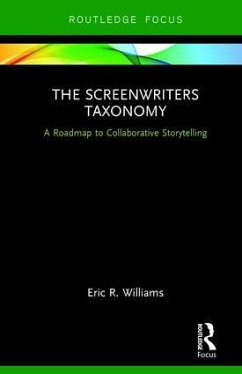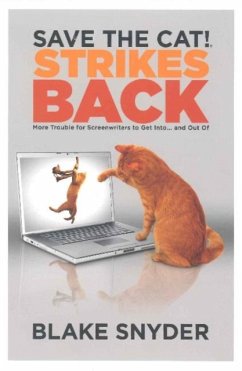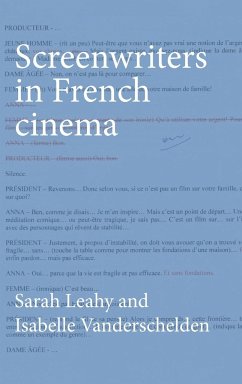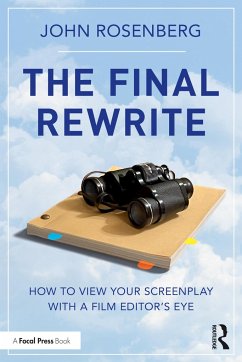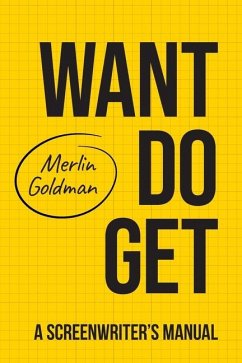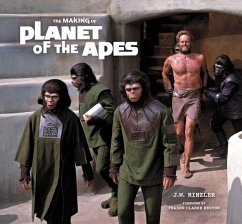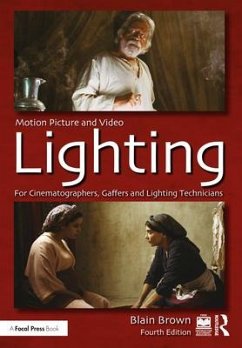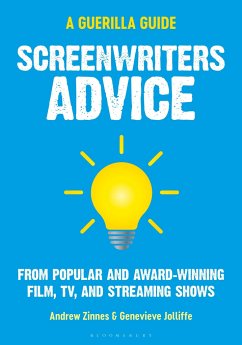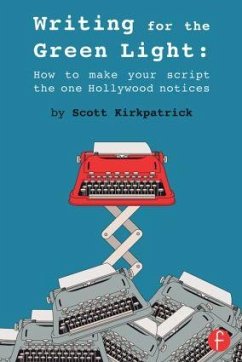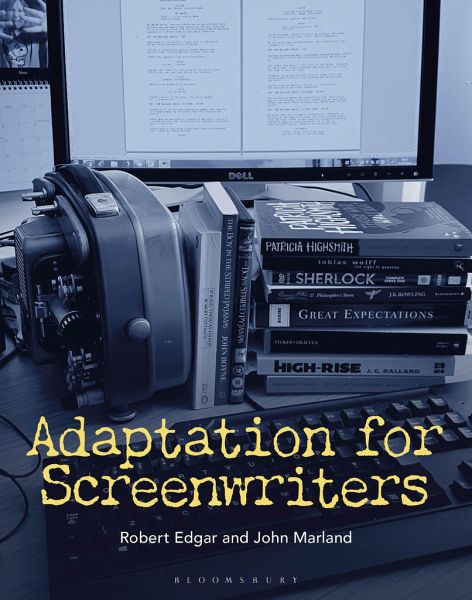
Adaptation for Screenwriters
Versandkostenfrei!
Versandfertig in 2-4 Wochen
32,99 €
inkl. MwSt.
Weitere Ausgaben:

PAYBACK Punkte
16 °P sammeln!
Develop the critical and creative skills to 'translate' a story from page to screen with this step-by-step guide to the process of screen adaptation you'll learn to: - interrogate a novel or short story to release its 'inner film' - convert fictional prose into visual drama - overcome the obstacles presented by different media 'languages' - approach key strategic decisions - both technical and interpretive - draft and re-draft your plot, characters and dialogue - professionally format and submit your finished script In addition to examples taken from 'literary classics', contemporary novels, g...
Develop the critical and creative skills to 'translate' a story from page to screen with this step-by-step guide to the process of screen adaptation you'll learn to: - interrogate a novel or short story to release its 'inner film' - convert fictional prose into visual drama - overcome the obstacles presented by different media 'languages' - approach key strategic decisions - both technical and interpretive - draft and re-draft your plot, characters and dialogue - professionally format and submit your finished script In addition to examples taken from 'literary classics', contemporary novels, genre fiction, short stories, and biographical material, Marland and Edgar embrace the wider phenomenon of re-telling and updating existing stories, such as the 'appropriation' of popular figures, inter-film adaptation (sequels and 'reboots'), and development into other visual forms including graphic fiction and video games. Whether you are producing a faithful adaptation of Tolstoy's War and Peace , or planning to pair up the crime-fighting duo of Sherlock Holmes and Batman, Adaptation for Screenwriters will be your guide.




